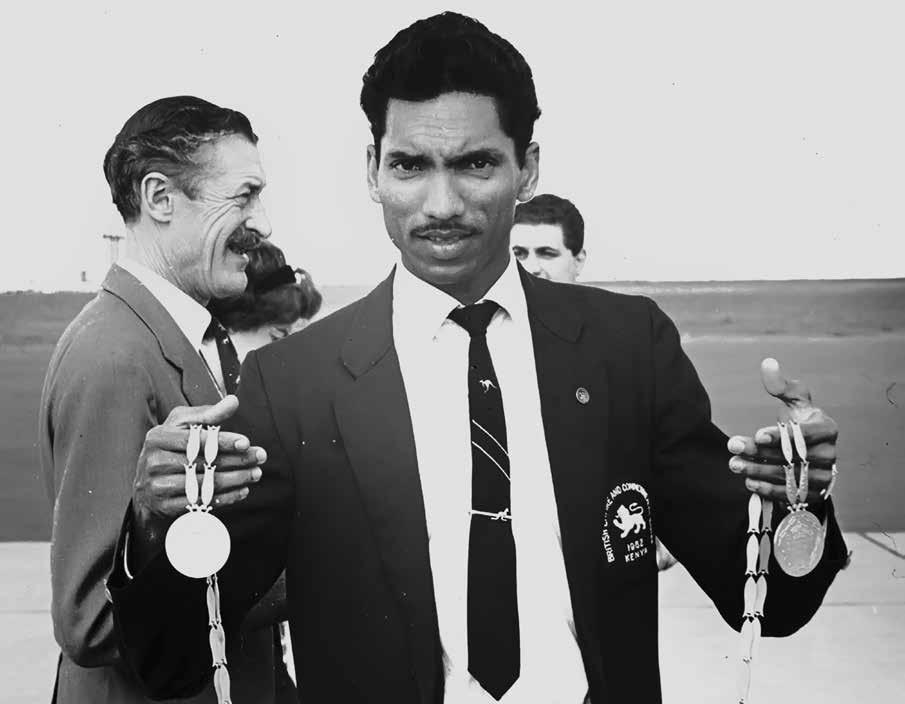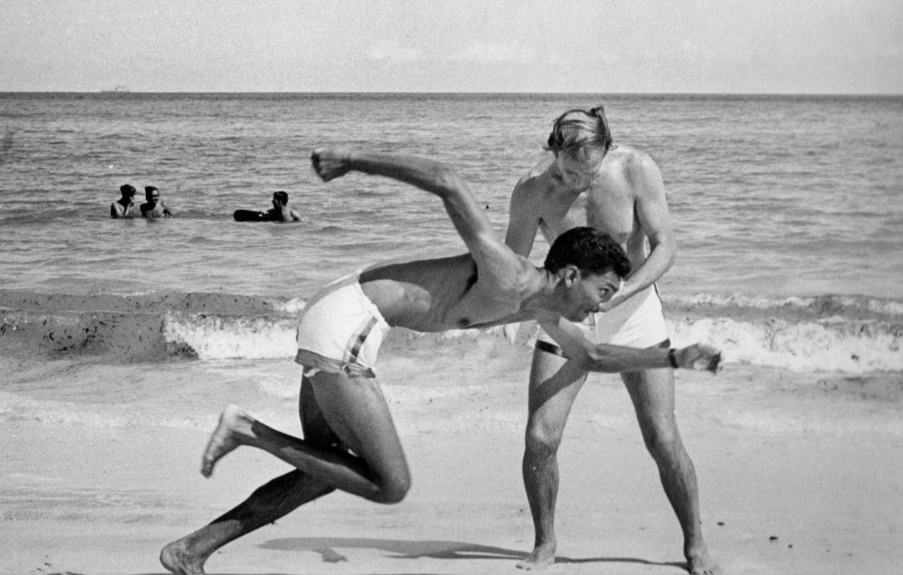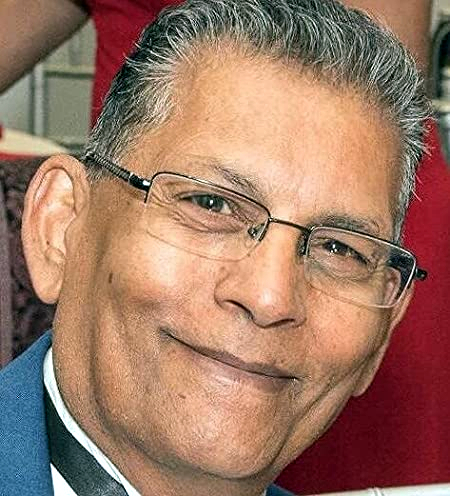He was the double gold winner at the 1962 Perth Commonwealth Games, becoming Kenya’s first gold medallist

Seraphino Antao on his return to Kenya with the sprint double gold medals he won at the Perth Commonwealth Games in 1962.
One day in 1956, Seraphino’s cousin, Effie, asked him to come and take part in the East African Railways and Harbours annual athletics carnival. Seraphino worked for the Landing and Shipping company which was associated with the now-defunct East African Railways and Harbours Corporation (EAR&H). Effie took part in the shot put and Seraphino ran barefoot competitively for the first time. The rest, as they say, is history.
OFF THE BLOCKS
Seraphino was born in Makadara-Mombasa on October 30, 1937, the first of six siblings born to Diogo Manuel and Anna Maria Antao who hailed from Chandor. Popularly known as Kelly, he studied at the Goan High School (now Mombasa High School) where he discovered his athletic prowess, participated in several sprint events and was a member of the Achilles Athletic Club.
Nicknamed Kelly throughout his life, Antao was a good footballer whose speed was spotted by an athletics coach in Mombasa when he was having fun with friends and family.
His times for the sprints at his first local meeting, where he ran barefoot, were only just outside the national records.
In 1956, Seraphino entered the athletics event for the Landing & Shipping Company (agents for EAR&H) and won the sprint events. The next year, he competed at the National Competitions in Nairobi and broke the national records in the 100 and 220 yards.
For eight years, Seraphino trained six days a week on the beach and in the stadium while working full-time for the Landing and Shipping Company in Mombasa.
 Seraphino Antao training with his coach, Ray Batchelor, in Mombasa.
Seraphino Antao training with his coach, Ray Batchelor, in Mombasa.
Courtesy: Antao family album
GLOBAL FAME
In 1958, Seraphino made his international debut when he participated in the Commonwealth (Empire) Games in Cardiff, Wales, reaching the quarterfinals in 100 yards.
He went on to participate in the 1960 Rome Olympics, and reached the semifinals of 100 yards and quarterfinals of the 200 yards. The next year, Seraphino won the East and Central Africa championships winner in 100m and 200m.
His greatest glory came in 1962, when he was the double gold winner at the 1962 Commonwealth Games in Perth, clocking 9.5 seconds (100 yards) and 21.1 seconds (220 yards), becoming Kenya’s first gold medallist.
“Joy and pride engulfed my whole body when I hit the tape ahead of everybody else,” Seraphino said.
In the same year, he won sprint double at the British AAA Championships at White City in London.
In 1963, Seraphino won his second set of double gold medals at the East and Central Africa championships in the 100m and 200m and in the same year, ran in the internationally renowned meet in Zurich and clocked 10.5 sec on the 100m, and won a double gold in the Czechoslovakia Championships in Prague.
Seraphino was the first flag-bearer for the newly independent nation-state of Kenya at the 1964 Tokyo Olympics, a task usually given to the top athlete in the team and a medal favourite. Unfortunately, he fell ill and was not able to run and handed the flag-bearer duties to his friend, the legendary Kipchoge Keino.
RETIREMENT
Antao retired from athletics after the Tokyo 1964 Games, where he was not at his best, and migrated to London in 1965 with "a career to pursue".
At every opportunity, Seraphino always praised the efforts of his coach, Ray Batchelor, who was with him from the very start and guided him to his gold medal victories and appearances in two Olympic Games.
In 1965, he won the Helms Athletics Foundation award, which is awarded to each of the greatest athletes of the 6 continents by the American Foundation.
Seraphino passed away after a battle with cancer on September 6, 2011. There was a memorial service for him in Mombasa as well as in north Kent, where he lived.
“He was unknown here, and never tried to use his athletic fame to his advantage,” said David Jones, the silver medallist in Perth.
“He was a lovely man, quiet but charming.”
 [The writer was the first full-time sports journalist hired by Daily Nation in Nairobi, Kenya in 1960. In many ways, he changed the way sports was reported]
[The writer was the first full-time sports journalist hired by Daily Nation in Nairobi, Kenya in 1960. In many ways, he changed the way sports was reported]